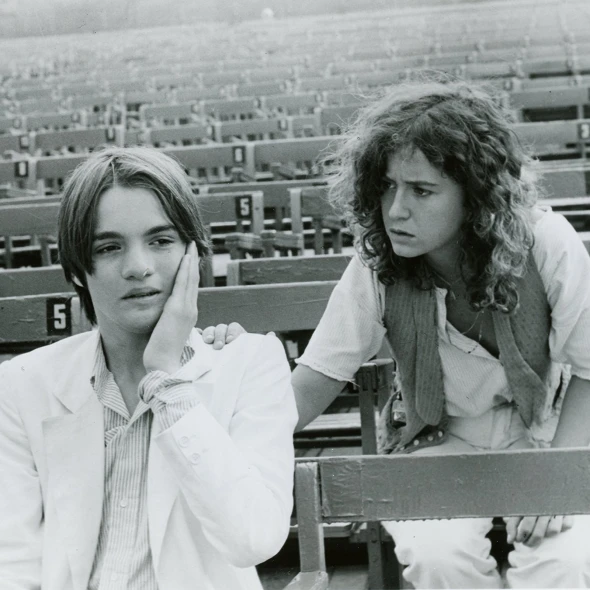
"I am a believer that there is no such a thing as a national cinema," says filmmaker Luca Guadagnino. "To paraphrase Truman Capote: Cinema does not know geography. It doesn't have boundaries."
Guadagnino was born in the capital city of Sicily but lived in Ethiopia, where his father taught Italian literature, until the age of 6. Upon his return to Italy, a young Guadagnino first fell in love with cinema and began making his own movies with his mother's Super 8 camera. His directorial debut was 1999's The Protagonists, about an Italian film crew making a documentary in London. He broke out onto the international film scene with his "Desire Trilogy," which consists of the Italian-set films I Am Love (2009), A Bigger Splash (2015), and Call Me by Your Name (2017), the latter of which earned the filmmaker his first Oscar nomination for Best Picture.
Recent years have seen Guadagnino take his storytelling Stateside — with the arthouse horror movie Bones and All (2022) and this year's psychosexual tennis drama Challengers — but his sensibilities remain distinctly Italian: His films are just as known for their complex, often erotic narratives as they are for their sumptuous visuals.
"The best that Italian cinema can offer comes from the gaze of a filmmaker, that they're alien. That they are not at the center of things, but more on the side. That they're capable of shining light on the aspect of things that are not expected or mainstream," Guadagnino contemplates. (Of note, he also co-directed the 2013 documentary Bertolucci on Bertolucci, about Bernardo Bertolucci.) "That's what I love about Italian cinema — and Rossellini being the godfather of it all. He was the one who led the way to really remove yourself from the center, trying to be more on the edge in order to shine more profound light."
Here, Guadagnino shares with A.frame his five favorite Italian films.
This article was originally published on Sept. 3, 2020 and has been updated.
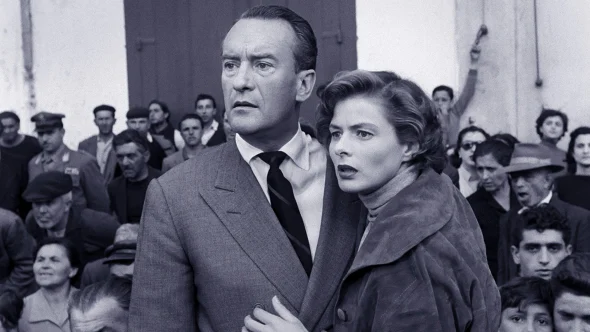
Directed by: Roberto Rossellini | Written by: Vitaliano Brancati and Roberto Rossellini
This may be one of my favorite films ever — of all places, of all time. I feel like this is one of the greatest portraits of what it really means to have a relationship with another. I found the way in which Rossellini gathered together the concept of love and lust — and the concept of a landscape — astonishing. In this particular case, the landscape of the souls of two characters reflecting the landscape of Napoli and, in general, the South of Italy. And yet, there's something I can't grasp about how he made it at all.
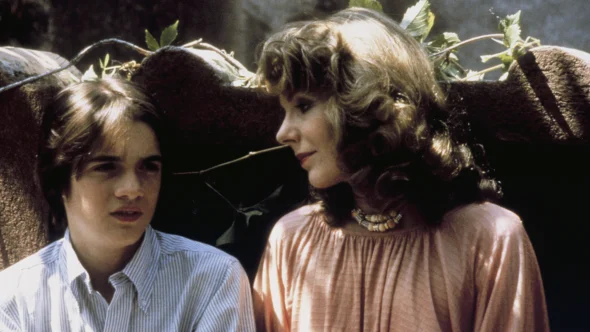
Directed by: Bernardo Bertolucci | Written by: Giuseppe Bertolucci, Clare Peploe and Bernardo Bertolucci
Luna is probably Bertolucci's most Italian movie. The way in which Bertolucci is always interested in the taboo, in the Freudian sense of the word, has constantly been a source of strong inspiration and revelation. In this case, the taboo being the relationship between mother and son. I think the movie was damned when it came out, and it was overlooked. The movie was considered too heightened in the melodrama and too provocative in its depiction of the morbid relationship between mother and son.
I think we are doing the rounds now, 40-plus years later, in the way in which we are currently approaching sex to be provocative. That's why I find it interesting to propose now. It really deserves to be seen for its great sense of mental drama in that kind of relationship. And Jill Clayburgh's performance is just amazing.
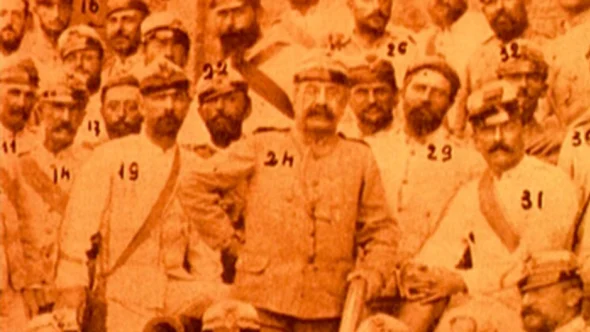
Directed by: Haile Gerima
Adwa is a great documentary by the master Ethiopian filmmaker Haile Gerima. It's a co-production with Italy. Haile Gerima is one of the greatest filmmakers in the history of cinema, yet he has been constantly kept in a condition of marginality, particularly in this part of the world. It's probably because he has this lucid idea of the attempted colonization of Ethiopia by the fascist regime of Italy in the '30s and what that meant. Adwa is really the final word on the fierce fight against fascism and nationalism from the people of Ethiopia.
I was raised in Ethiopia from my birth until 6 years old, so I feel very strongly that this title is important not only for its deepness regarding the topic described, the Battle of Adwa, but also for my personal life.
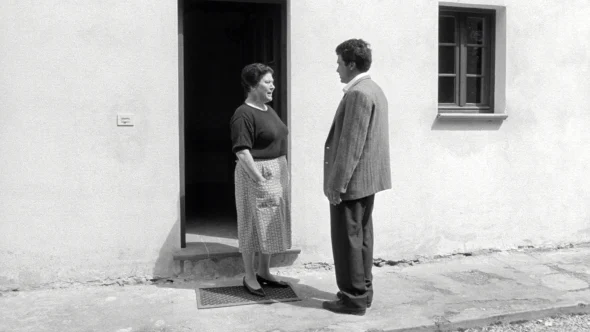
Written and Directed by: Danièle Huillet and Jean-Marie Straub
Jean-Marie Straub and Danièlle Huillet are French and German, but they worked a lot in Italy and lived in Rome for many years. I remember the epiphany I went through when, at 19 years old, I met them in Sicily where I was growing up, and how a conversation I had with both of them led me to understand that I shouldn't have pursued my path in cinema through a film school but through learning and understanding the work of other filmmakers such as them.
So, they had a very strong, direct influence in my upbringing and my work. Sicilia! is a great portrait of my homeland, because I was born in Sicily and I came back to Sicily after Ethiopia. It's really the idea of experiencing two great auteurs' vision of such a complex place like Sicily.
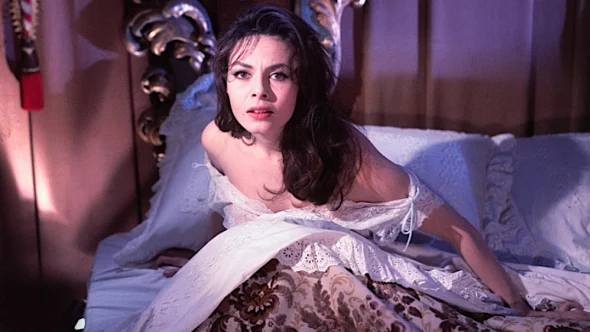
Directed by: Mario Bava | Written by: Marcello Fondato, Alberto Bevilacqua and Mario Bava
Mario Bava is the godfather of every great thrill that we've been through as an audience. Without Maria Bava, there would be no Dario Argento, there would be no great filmmakers like John Landis or Joe Dante or even Jonathan Demme. Mario Bava has been one of the greatest influences in cinema for the genre of horror and the fantastic. His capacity for inventiveness and his wonderful sense of cinema are still a great lesson for anyone who wants to approach cinema for the values of the language of cinema itself. Black Sabbath is a collection of short stories that is going to thrill whoever approaches it.
